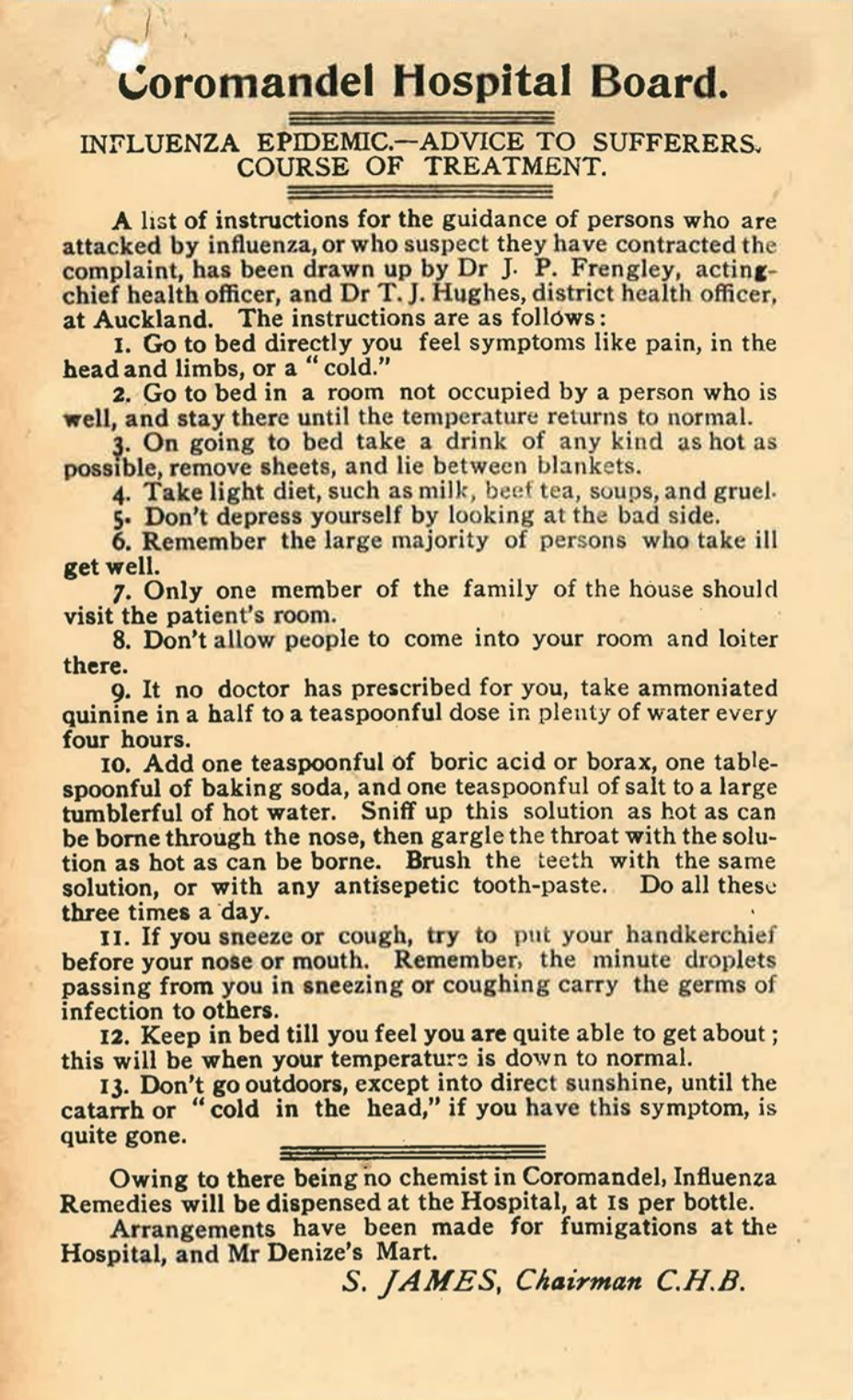Just read some of the latest information from Chris Masterjohn. He is saying now that he believes
that the reason chloroquine might work is not because of the zinc ionophore activity of it.
"When chloroquine brings zinc ions into the cell, they don't get distributed far and wide within the cell.
Instead, they get stuck in a digestive organelle known as the lysosome. Will lysosomal zinc kill SARS-CoV
or SARS-CoV-2? Probably not.
So how does chloroquine kill SARS-CoV and SARS-CoV-2 in vitro? Here's what those in vitro papers found:
- It increases endosomal pH. Fusion of the virus with the endosome, and later escape of the virus from the endosome, can both be pH-dependent. Increasing endosomal pH appears to prevent fusion of SARS-CoV with the endosome, and to the extent it makes it in, might also prevent its escape into the cytosol. This is supported by the fact that ammonium chloride, another agent that increases endosomal pH, has the same effect.
- Chloroquine and ammonium chloride also raise the pH in the golgi apparatus, the compartment where sugars are added to proteins in a process known as glycosylation. ACE2, the protein on the cell surface that allows the entry of SARS-CoV and SARS-CoV-2 into the cell, is one of the proteins that are glycosylated in the golgi. Chloroquine and ammonium chloride both interrupt the glycosylation of ACE2. They do not affect the amount of ACE2 on the cell surface, but it is possible that the the virus is less able to dock to ACE2 when the protein hasn't been glycosylated."
So he seems to believe that it is the pH raising action of chloroquine that would kill the virus. I guess that is why
he is saying he does not recommend quercetin since he seems to believe the zinc ionophore is not the thing that kills the virus
Edited by lancebr, 29 March 2020 - 06:20 AM.































 This topic is locked
This topic is locked
























